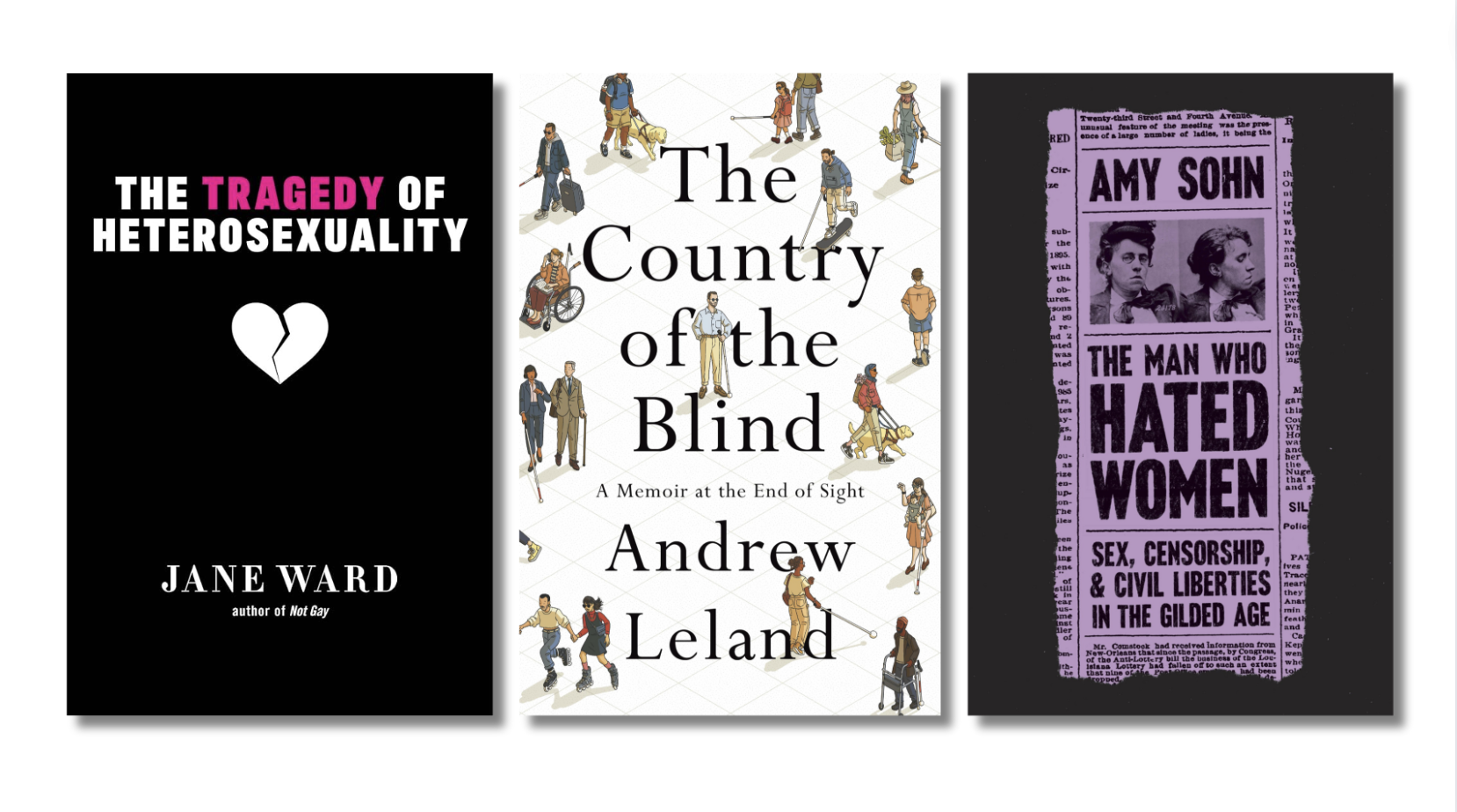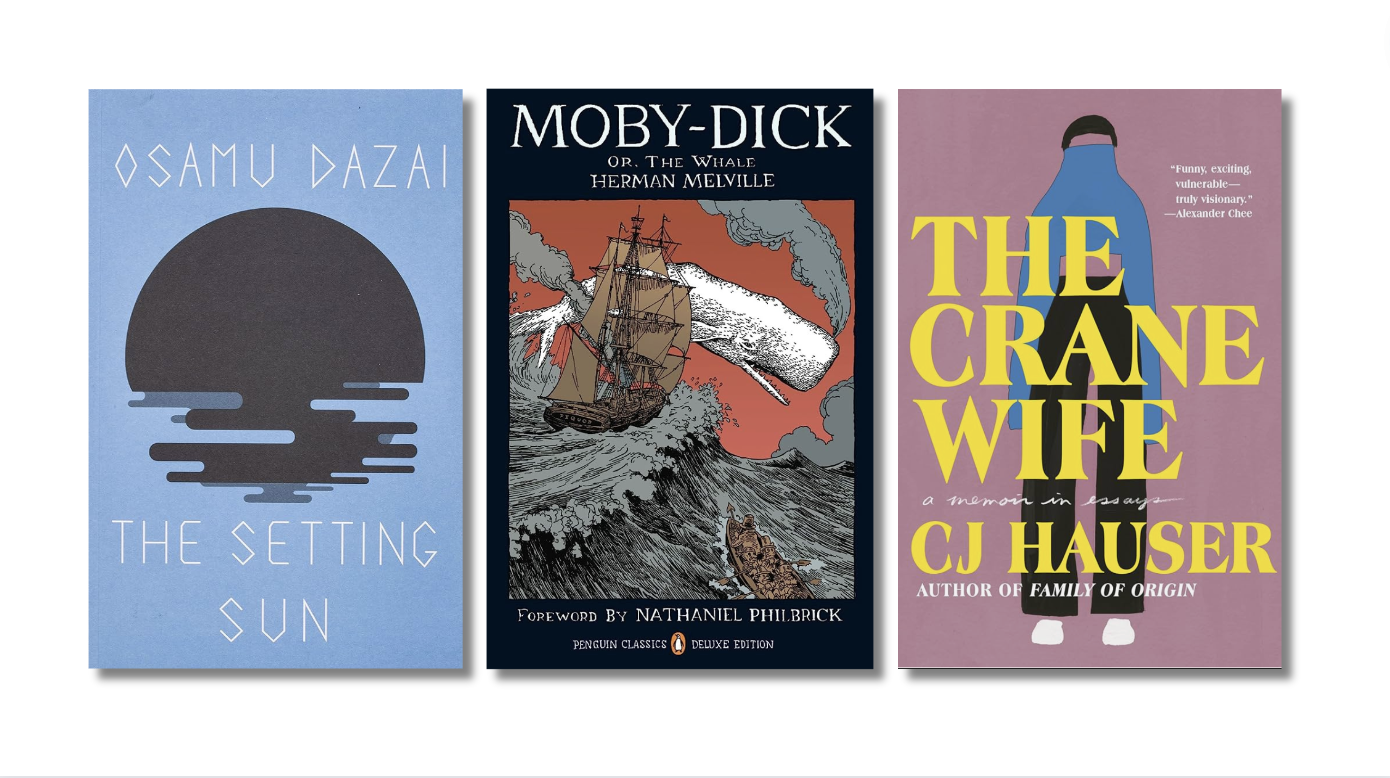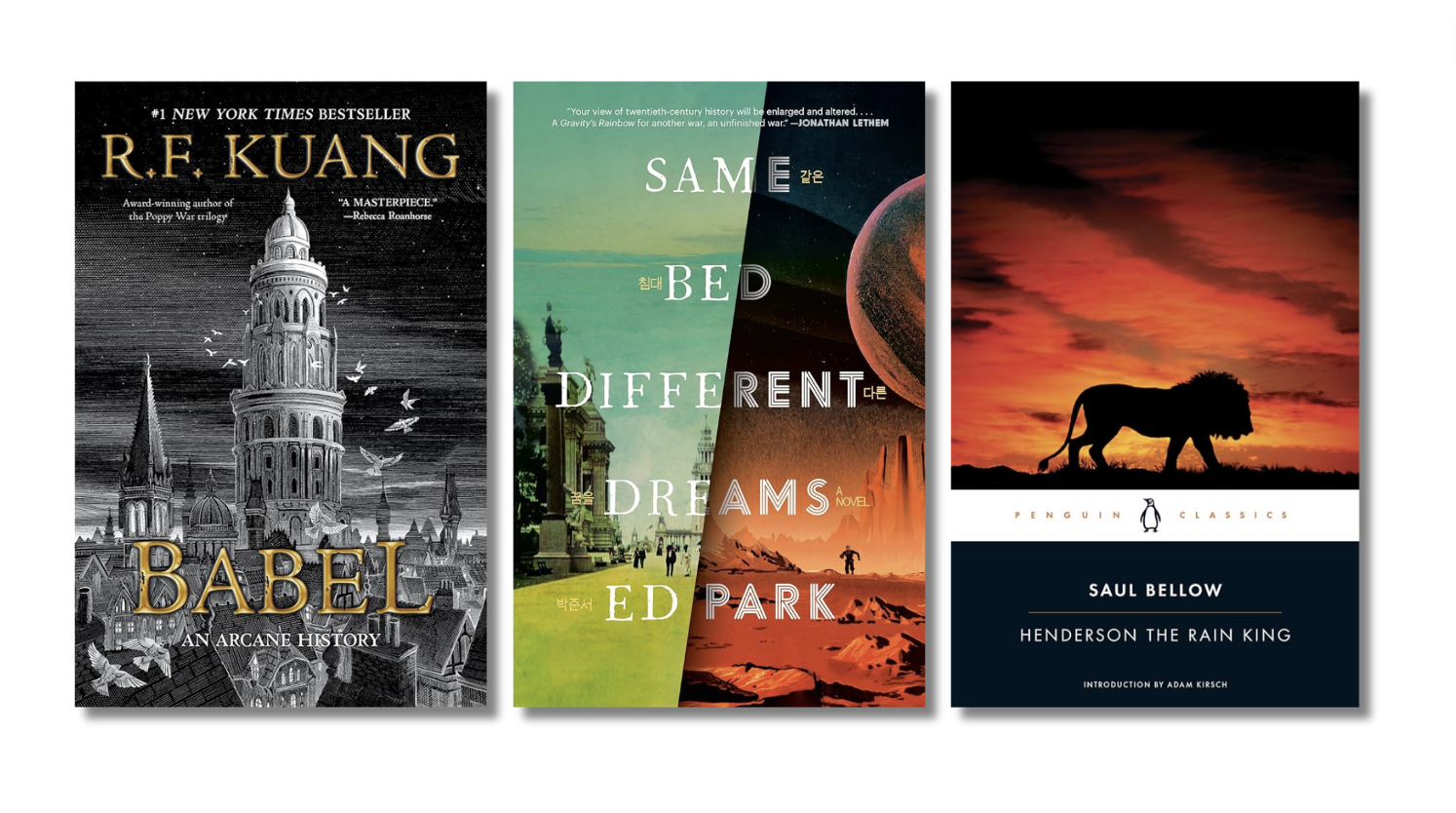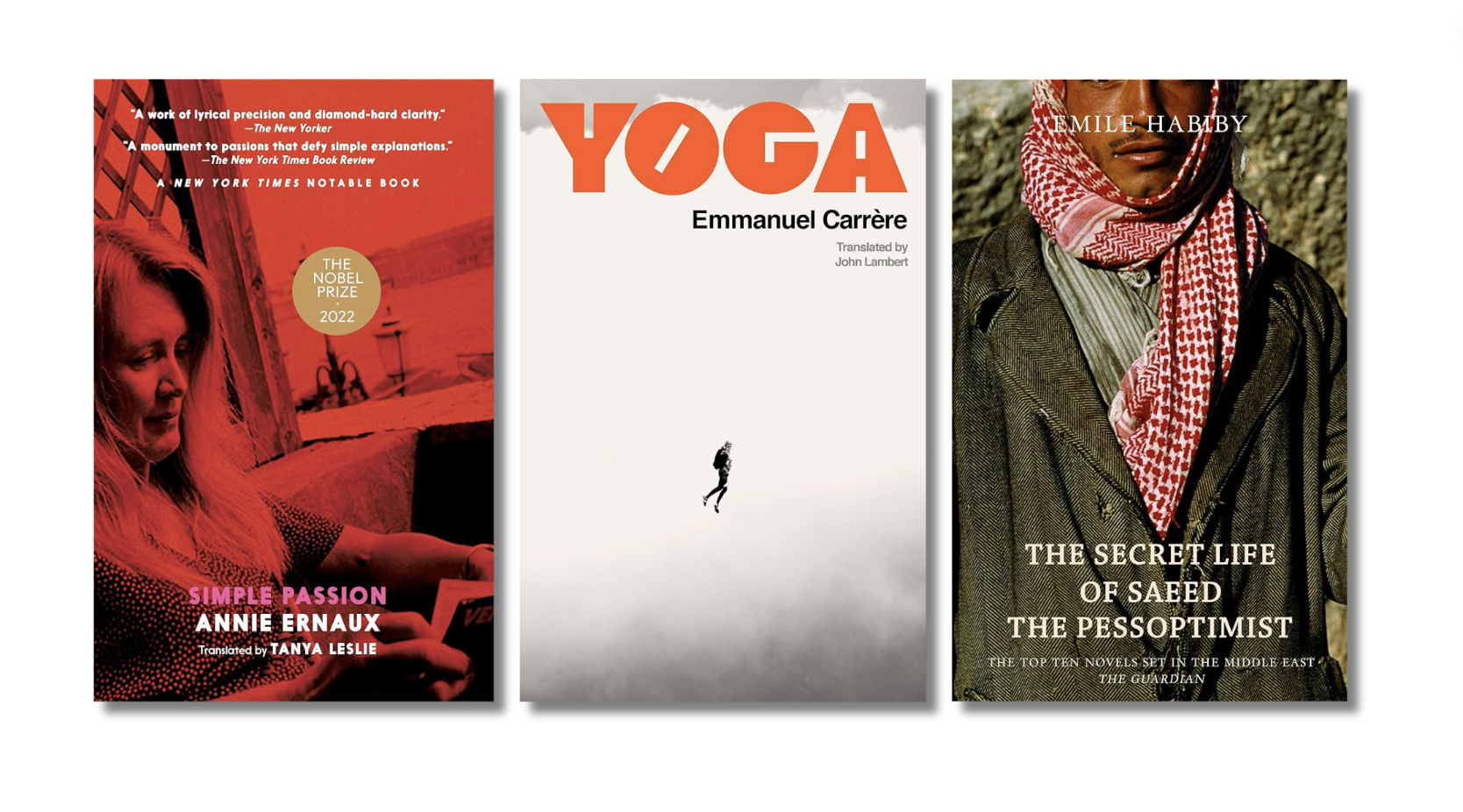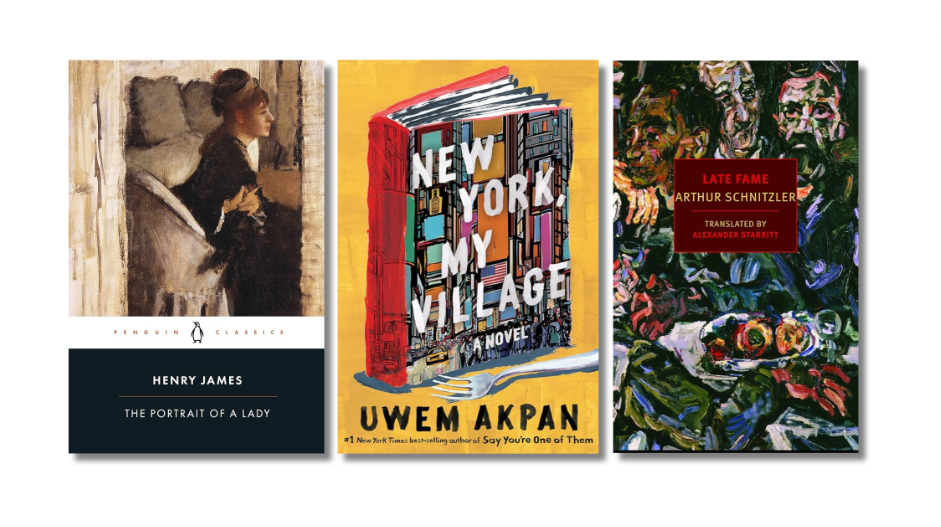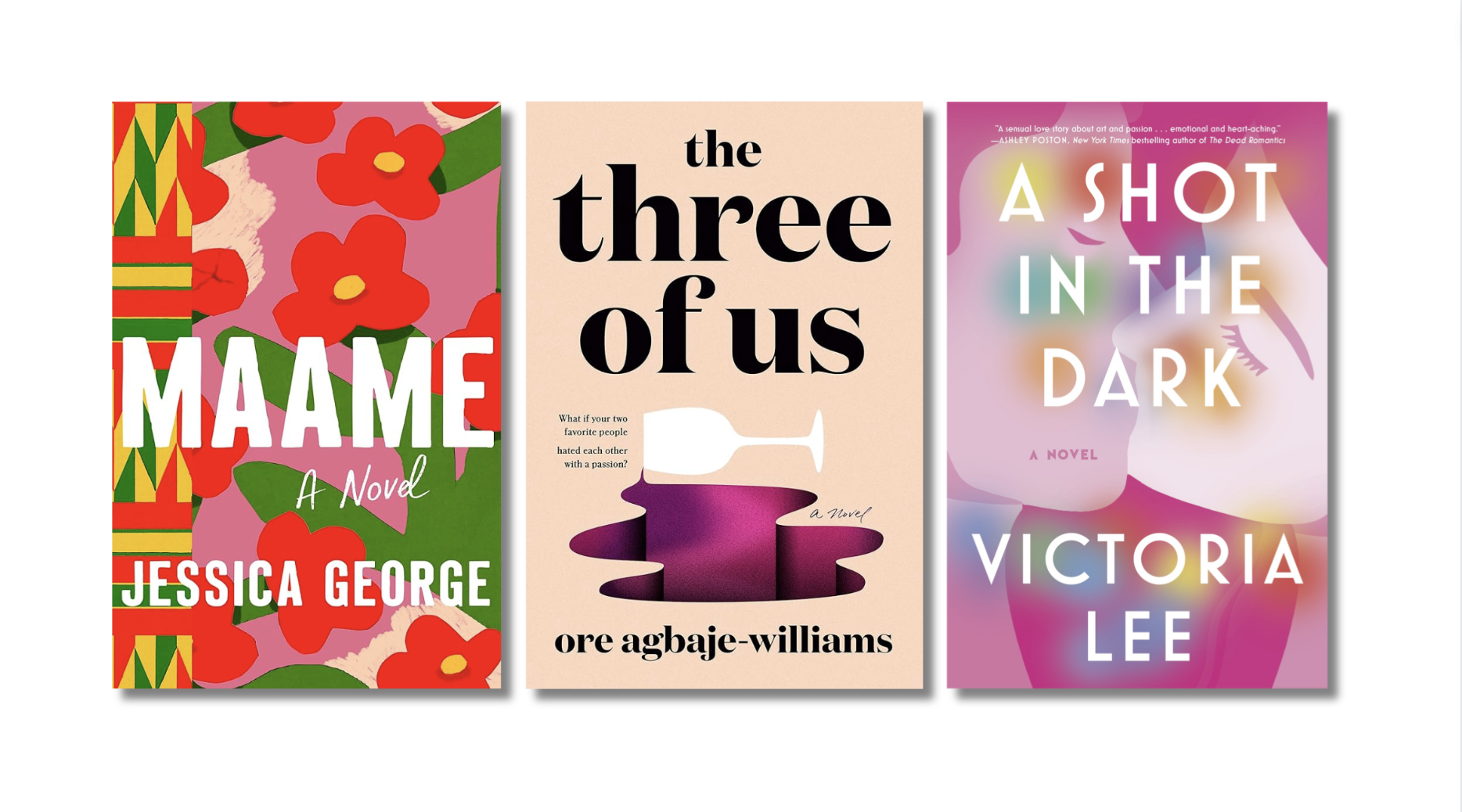 Take a monastery, make it co-ed with everybody constantly sleeping with everybody else, make the priests a bunch of worn-out character actors from old Law & Order episodes, make the foundational text Stanislavski’s An Actor Prepares, sprinkle liberally with stardust and moonbeams, and let simmer for three or four years. Presto! You have the makings of your very own drama school. In her novel Lucky Break, Esther Freud captures both the hilarious self-seriousness and the pie-eyed romanticism of young actors preparing to be fed into the meat grinder of the entertainment industry. In doing so, she has written a sharp, emotionally astute novel about what it feels like to let one’s idealism die a slow, quiet death in the pursuit of worldly success, which is just another way of saying she has written a very good novel about what it feels like to grow up.
Take a monastery, make it co-ed with everybody constantly sleeping with everybody else, make the priests a bunch of worn-out character actors from old Law & Order episodes, make the foundational text Stanislavski’s An Actor Prepares, sprinkle liberally with stardust and moonbeams, and let simmer for three or four years. Presto! You have the makings of your very own drama school. In her novel Lucky Break, Esther Freud captures both the hilarious self-seriousness and the pie-eyed romanticism of young actors preparing to be fed into the meat grinder of the entertainment industry. In doing so, she has written a sharp, emotionally astute novel about what it feels like to let one’s idealism die a slow, quiet death in the pursuit of worldly success, which is just another way of saying she has written a very good novel about what it feels like to grow up.
Freud, the daughter of the painter Lucian Freud and a great-granddaughter of the great psychologist, studied to be an actress at London’s Drama Centre, which is clearly the model for the intense acting conservatory where the characters of her novel all meet. Lucky Break principally follows three of these young actors — Charlie, the pretty, sexually manipulative one; Dan, the talented Colin Firth-y one; and Nell, the overweight, plucky one — from their first day of drama school through their early careers in theater and film.
Lucky Break breaks no new ground stylistically and harbors no great ambition to speak for a generation. It’s just a good book, one that creates a richly imagined world and peoples it with characters you come to care about as if they were your own friends. That is probably its highest achievement as a novel. Until the last chapter, in which Freud grants plucky Nell a saccharine Hollywood ending, I read Lucky Break the way I might letters from friends: cheering their successes, laughing along with their efforts to make the best of their failures, and nodding knowingly at how their every action seemed to confirm my deepest suspicions about them even when they did things that surprised and saddened me.
More from A Year in Reading 2011
Don’t miss: A Year in Reading 2010, 2009, 2008, 2007, 2006, 2005
The good stuff: The Millions’ Notable articles
The motherlode: The Millions’ Books and Reviews
Like what you see? Learn about 5 insanely easy ways to Support The Millions, The Millions on Twitter, Facebook, Tumblr.

